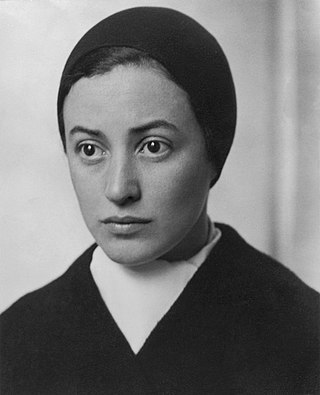Norman Wong may refer to:
- Norman Wong (writer), American writer and activist
- Norman Wong (photographer) Canadian photographer and music video director
Norman Wong may refer to:
James Wong may refer to:
Heaney is a surname of Irish origin. It is an Anglicisation of the Gaelic Ó hEignigh, thought to be based on the Gaelic Eochaidh a personal name meaning "horseman". It was mistakenly thought to derive from Éan, Gaelic for Bird. Versions of it are written in the Annals from the 8th century and has a diverse array of modern derivations and origins.
Wong is the Jyutping, Yale and Hong Kong romanization of the Chinese surnames Huang and Wang, two ubiquitous Chinese surnames; Wang, another common Chinese surname; and a host of other rare Chinese surnames, including Heng, Hong, Hong, and Hong
Raymond Wong may refer to:
Russel is an alternate spelling of Russell.

Norman Parkinson was an English portrait and fashion photographer. His work revolutionised British fashion photography, as he moved his subjects out of the studio and used outdoor settings. While serving as a Royal Air Force photographer in World War II, he started with Vogue magazine, discovering several famous models. He became an official royal photographer in 1969, taking photographs for Princess Anne's 19th birthday and the Investiture portrait of Charles III as Prince of Wales. Many other royal portraits included official portraits of Queen Elizabeth The Queen Mother for her 75th birthday. He was known for using elements of humour in his photographs. Parkinson received many honours during his life including the Royal Photographic Society's Progress Medal, the Lifetime Achievement Award of the American Society of Magazine Photographers, a Google Doodle, and a British postage stamp.
Lawrence Julian Schiller is an American photojournalist, film producer, director and screenwriter.
Venables is an English surname of Norman–French origin, derived from the town of the same name in Normandy and introduced to England by way of the Norman conquest.
David Wong may refer to:

Dorothy Norman was an American photographer, writer, editor, arts patron and advocate for social change.
Sonny Drane, is a German-born woman who was briefly popular as a model in Britain in the 1960s. She was propelled to prominence when her first husband, noted British photographer Robert Freeman, included images of her in the first-ever Pirelli Calendar, for which he was the sole photographer. At that time, she was known as Sonny Freeman. She has been married since the 1970s to her second husband, John Drane.
Grossfeld is a surname. Notable people with the surname include:
John MacLean or John Maclean is the name of:
Veasey is a surname. It is derived from the Old French pre-7th century envoisier, "to enjoy oneself", the Latin vitium, "pleasure", and the Anglo-Norman French, enveisie, "playful, merry". Notable people with the surname include:
James or Jimmy Norman may refer to:
Shadbolt is a surname. Notable people with the name include:

Emily Virgin is an American politician who was the Minority Leader of the Oklahoma House of Representatives from 2018 to 2022. She previously served as House Democratic Caucus Chair. She was first elected in 2010 at the age of 24 and represents the 44th district, which includes Norman, Oklahoma. Virgin retired from the Oklahoma House at end of 2022 due to term limits.
Feaver is a surname. It is an English surname of Norman French origin, and is an anglicisation of Lefebvre, meaning "smith". Notable people with the surname include:
Greg Norman is an Australian entrepreneur and retired professional golfer.
Norman Wong is a Canadian photographer and music video director. He is most noted for receiving a Juno Award nomination for Video of the Year at the Juno Awards of 2022, for his video for Charlotte Cardin's single "Meaningless".